Panalpina rapidly expands LCL ocean freight services in Asia
Panalpina has added 26 new direct Less than Container Load (LCL) services in Asia. The services took just one month to implement and further expand the company’s global LCL network.
Each service is based on scheduled weekly sailings, with many sailing two or even three times a week. All are designed to give customers consistent and reliable service that supports their supply chain planning.
Panalpina continues to develop its global LCL network to meet growing demand for cost saving alternatives to air freight. Central to the company’s most recent expansions are its strategic LCL hubs in Singapore and Busan, South Korea. The new additions take its total services at each port to 125 and 75 respectively.
“These new services are part of an on-going effort to constantly upgrade and develop our LCL network,” said Clas Thorell, Panalpina’s global head of Ocean Freight LCL.
“Our strategically placed hubs combined with our vast service network increases access to both growing and traditional markets, enabling our customers to capitalize on the existing potential, especially in Asia Pacific.”
The main aim of Panalpina’s new services is to give customers more flexibility and supply chain planning control, particularly on key strategic point pairs. The company now offers three sailings per week on multiple point pairs, including from Hong Kong to Singapore, Shanghai to Busan and Singapore to Hamburg.
“We provide the highest level of schedule integrity and give customers access to more markets with more departures,” added Tomas Hammar, regional head of Ocean Freight LCL Asia Pacific at Panalpina. “It’s a very attractive offering that ensures freight moves as planned.”
The LCL shipments that move through Panalpina’s Singapore and Busan hubs are predominantly from the high-tech, consumer and retail, fashion and automotive industries. The well-established hubs are located within the free trade zones of each port, minimizing connection time between container freight station and vessel. They handle consolidation and trans-shipment cargo.
Singapore and Busan are the second and fifth largest ports in the world respectively, and are central to many of Asia’s key trade lanes. Both are natural transhipment ports.
Singapore is widely considered the last port of call in Asia, before sailing on the Far East Westbound, Middle East or South America trade lanes, while Busan is the last port of call for many carriers before sailing over the Pacific to North or South America. < Korea Shipping Gazette >
많이 본 기사
- BDI 1072포인트…중대형선 시장서 물동량 호조세해양환경공단, 전기로 가는 하이브리드 예방선 신조‘중앙亞 수출길’ 철도-해운 복합운송 시범사업 완료새해새소망/ CMA-CGM코리아 장혜진 대리“K-조선 초격차 원년” 수출입은행, 선박금융에 12조 지원고려대 바다최고위 과정 제7기 3월 개설새해새소망/ 남성해운 일본영업팀 이충광 팀장인천공항, 티웨이항공 정비시설 유치…첨단복합항공단지 시동인천항서 새해 첫 크루즈 출항…관광객 약 2000명 승선판례/ “세금을 내라구요?”
- 울산항만공사, 안전보건방침 선포…5대 방침 마련새해새소망/ 한국해양진흥공사 김경태 과장새해새소망/ 페어허브물류 장수진 본부장새해새소망/ 주성씨앤에어 김정상 부사장새해새소망/ 동방선박 이종범 부장새해새소망/ AIT월드와이드로지스틱스 최동철 상무새해새소망/ 한국해양수산개발원 김민수 본부장연안선박 현대화 이차보전사업 사업자 공모스위스 MSC, 내달 가동 신규서비스 선적예약 시작인사/ 협운그룹
스케줄 많이 검색한 항구





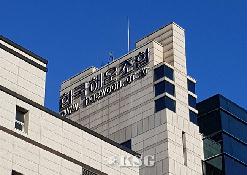






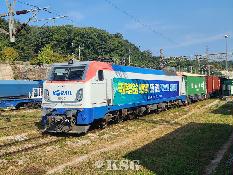
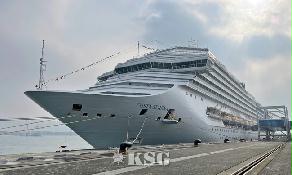
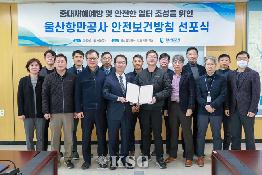
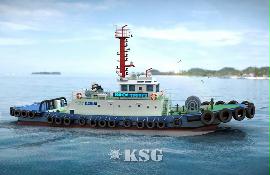
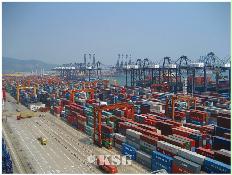

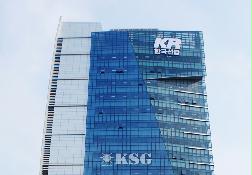
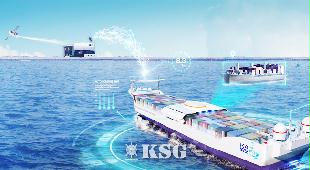

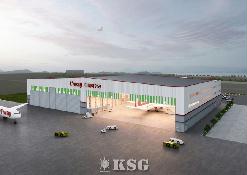
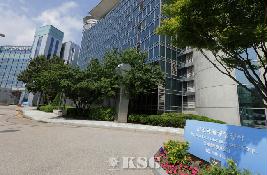

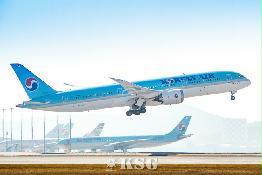
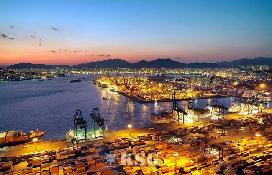

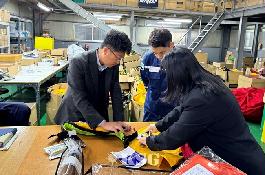
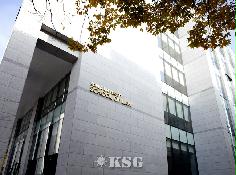









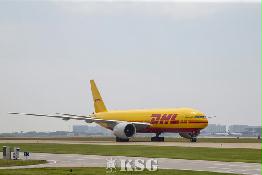
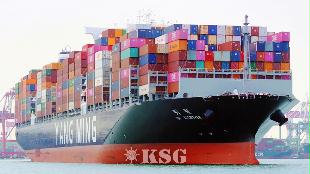
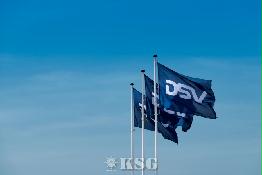
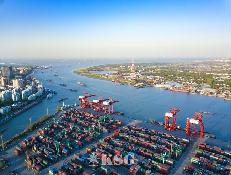
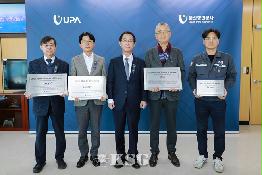
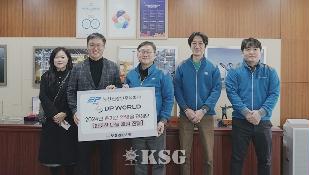





















0/250
확인